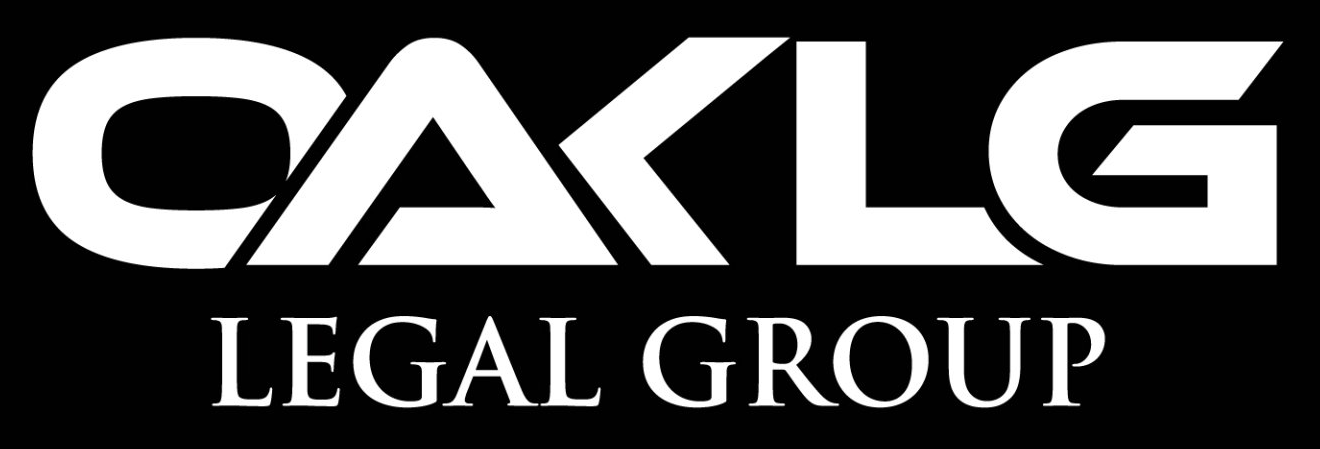
Protect Your Intellectual Property with Expert Legal Assistance in Charlotte, North Carolina
As businesses navigate the global and online marketplace, it is increasingly important to protect your international trademarks. These trademarks can be some of your company's most valuable assets, including your company name, product or service names, logos, taglines, and even product and package designs. Strong, well-protected trademarks embody the public goodwill, brand reputation, and consumer recognition you have worked hard to build. However, it's important to remember that trademark rights are granted country-by-country, so having trademark protection in your home country does not automatically grant rights in other markets, such as the United States. A careful international trademark strategy can help your company expand and leverage its brand and business in other locations.
At our law firm in Charlotte, North Carolina, our experienced attorneys can help you develop a comprehensive strategy to secure and protect your intellectual property rights. Our team has years of experience practicing trademark, copyright, and patent law in North Carolina and throughout the United States. We can assist you with conducting a thorough trademark search, including a review of federal and state trademark registrations and additional information from computer databases. We can also help you register your trademark in the United States, monitor potential infringements, and provide legal advice on best protecting your intellectual property rights.
Suppose you are a business considering expanding into the U.S. market. In that case, it's essential to consider the protection of your intellectual property. Our attorneys can help you navigate the challenges of entering a new market, such as entity formation, taxes, employment and immigration issues, finding the right distributors and business partners, and establishing a base of operations. We can also help you answer important questions about protecting your trademarks in the U.S., avoiding infringement, and managing the use of your trademarks by distributors and other parties. Contact our law office in Charlotte, North Carolina, today to schedule a consultation with one of our experienced attorneys.
Securing Your Intellectual Property in the U.S.
Suppose you are a foreign company looking to expand into the U.S. or sell products to U.S. clients through eCommerce. In that case, protecting your intellectual property as soon as possible is essential. Here are some steps you can take to avoid significant trademark issues in the U.S.:
Have a trademark attorney conduct a trademark search to clear your mark. Before beginning operations or selling in the U.S., identify all trademarks your company plans to use in the U.S. This may include your company name, product or service names, logos, taglines, or product and package designs. Have a preliminary trademark search conducted to ensure that your trademarks are not already being used in the U.S. for similar goods or services that could cause potential conflicts. This search should cover federal trademarks registered with the United States Patent and Trademark Office (USPTO), state trademarks, and common law rights through a Google Search. Retaining U.S. trademark counsel to help analyze the marks identified in the search report and advise you on any potential risks is best.
File a trademark application. Once you are confident that your trademarks are safe in the U.S., consider taking steps to protect them, such as filing a trademark application with the USPTO. Federal trademark registration provides the maximum level of protection available. It gives you the exclusive right to use the mark in all areas of the U.S., even in areas where you do not operate. Federal registration also provides constructive notice that you have the exclusive right to use the mark in commerce, subject to the rights of prior users. After five years of continuous use, the mark becomes incontestable, meaning an interested person cannot attack the registration based on prior use or descriptiveness. Federal registration also allows you to sue for trademark infringement in federal court, seek increased statutory damages, use U.S. Customs & Border Protection to prevent the importation of counterfeit goods, and obtain trademark registrations in foreign countries. You can also file a trademark application on an "intent to use" basis, allowing you to reserve rights to a trademark you plan to use in the future but are not currently using.
If you plan to expand into the U.S., don't wait to file trademark applications until you operate in the U.S. Instead, file intent to use applications as soon as you plan to move to the U.S., even if that is several years away. At our law firm in Charlotte, North Carolina, our experienced attorneys can help you develop a comprehensive strategy to secure and protect your intellectual property rights. Our team has years of experience practicing trademark, copyright, and patent law in North Carolina and throughout the United States. We can assist you with conducting a thorough trademark search, registering your trademark, and providing legal advice on protecting your intellectual property rights. Contact our law office in Charlotte, North Carolina, today to schedule a consultation with one of our experienced attorneys. It will happen shortly, even if that is several years away.
Ensure Quality Control and
Protect Your Intellectual Property with Licenses in Charlotte, North Carolina
Suppose you are a foreign company entering the U.S. market by partnering with a distributor or reseller. In that case, explicitly document all rights related to your intellectual property and trademarks in a written license agreement. This agreement should specify the trademarks the third party is entitled to use, the period, the type of license (exclusive or non-exclusive), the territory, and other terms. These terms will vary depending on the nature of the relationship and the role you expect the third party to play. The agreement can be stand-alone or part of a broader agreement.
It is crucial to include quality control provisions in the license agreement. These provisions should require the third-party licensee to maintain the quality of the licensed goods and services and give you the right to monitor quality and cancel the license if the quality standards are not met. The failure to include quality control provisions in a trademark license can result in the loss of your trademark rights and allow the licensee to claim those rights for themselves. A written license agreement is essential for distributing or selling with a third party in the U.S.
In all cases, the agreement must contain quality control provisions. At a minimum, these provisions should require the third-party licensee to maintain the quality of the licensed goods and services. They also should give the company the right to monitor quality and cancel the license if the quality standards are not maintained. Failure to include quality control provisions in a trademark license can result in the company's trademark rights loss. And, if the company loses its rights, it's often the licensee in the best position to step in and claim those rights for itself. The license agreement is essential if you plan to distribute or sell with a third party in the U.S.
Securing trademarks is essential for protecting your company's name from being used for similar purposes by another company. In the age of eCommerce and online business, an American customer could find and want your product, making it easier for you to provide it to them. However, it is also more accessible for people to sell knock-offs and fake branded products, which can damage your goodwill and reputation. To protect your intellectual property and ensure your reputation is not taken advantage of, it is essential to carry the appropriate steps to protect your goods or services, such as registering your trademarks.




